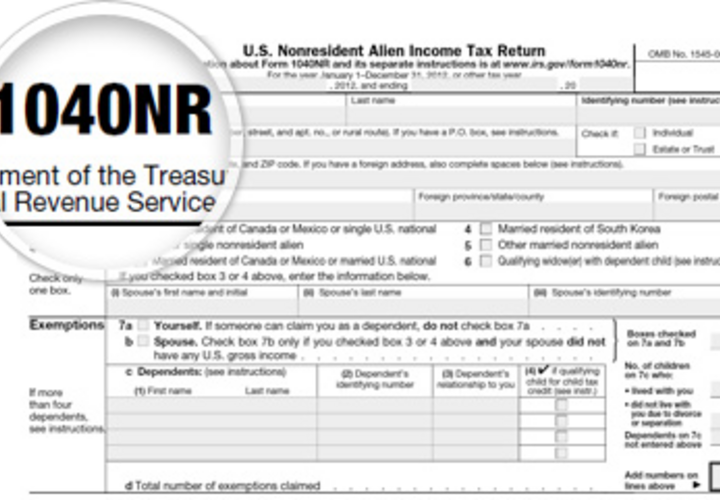This page refers to U.S. income taxes and associated filing requirements, not sales tax or other kinds of taxes.
Understanding Your U.S. Income Tax Obligations
All international students and scholars have a federal tax filing requirement even if you do not have U.S. source income.
Below are a few things you need to know.
U.S. Income Tax System Basics
- The U.S. tax system is a pay-as-you go system in that there are usually automatic tax withholdings from your paycheck, stipend or financial aid.
- This amount is estimated based on information you provided in your W-4 or other tax documents as well as your tax filing status and possibly your residency (due to a tax treaty).
- This means that your available income may be reduced by tax withholdings. Look carefully at your first Yale paycheck to make sure the amount of taxes withheld is accurate.
- The Internal Revenue Service, usually referred to as the IRS, is the name of the U.S. tax collection agency.
- When you file your annual tax return in April for the preceding year, you will use a tax software to calculate the exact amount of your tax liability for that calendar year based on your total income and other personal circumstances. Your actual tax liability will be compared to the amount that you had paid so far. Some years you may get a tax refund (this is why it is called a tax return) and in others you may owe and need to pay additional taxes.
- In addition to filing a federal return, some students and scholars must also file a CT state return.
Timing and Due Dates
- The tax year is from January 1 to December 31 of any given year. You file your tax return in April of the following year.
- OISS provides more specific tax filing information in the spring of each year, including access to a tax preparation software, Sprintax.
- If you do not comply with your tax obligations, you may encounter complications when applying for U.S. visas in the future.
New to Yale?
If you are an international student or scholar who is not a U.S. citizen or permanent resident and you will be receiving payments from the University (e.g., compensation, stipend, financial aid, fellowship, etc.), you are required to complete Sprintax Calculus with the International Tax Department.
Once Sprintax Calculus is completed and submitted to the International Tax Department, you will receive notification regarding your U.S. tax residency status, tax treaty eligibility, and instructions on how to complete Form W-4 and CT-W4 (federal and state tax withholding forms).
- If you are eligible for a U.S. social security number (SSN), apply for one now.
- If you are receiving funds from Yale and are not eligible for an SSN, apply for an Individual Tax Identification Number (ITIN) now.
Do I Really Need to File? YES!
ALL of the following individuals who were in the U.S. for any period of time during the calendar year have federal tax filing obligations the following year:
- international students
- international scholars
- dependents of international students and scholars
Additionally, some international students and scholars will also need to file a CT state tax return.
Determining Your Tax Filing Status
Before you begin your tax return, you will need to determine your federal tax filing status: nonresident tax filer or resident tax filer.
- This status determines how you are taxed and which forms you need to fill out.
- This status is only a tax filing status and does not mean that you are a resident for immigration or other purposes. Some students and scholars are considered to be resident tax filers even though they continue to have a nonimmigrant visa status.
- Your tax filing status may change over time so it is a good idea to review these guidelines each time you complete your taxes.
- Generally, most international students and scholars who are on F and J visas are considered nonresidents for tax purposes.
- J-1 and F-1 students are considered nonresident tax filers for their first five calendar years in the U.S.
- J-1 and F-1 students usually become resident tax filers after being present in the U.S. for five calendar years.
- Most J-1 scholars are considered nonresidents for tax purposes for the first two calendar years in the U.S.
- J-1 scholars usually become residents for federal tax purposes after being present in the U.S. for two (out of the past six) calendar years, including any prior time spent as an F-1 or J-1 visa holder.
- If you hold another nonimmigrant status, your tax filing status will be determined by the substantial presence test.
How Can OISS Assist You?
By the end of February, OISS will email all F-1 and J-1 students and scholars who are nonresident tax filers instructions to access the tax preparation software Sprintax. This software will help you prepare your federal tax return. For an additional fee, Sprintax can assist you in preparing your state income tax return. OISS staff are not tax experts and therefore cannot help you prepare your return.

